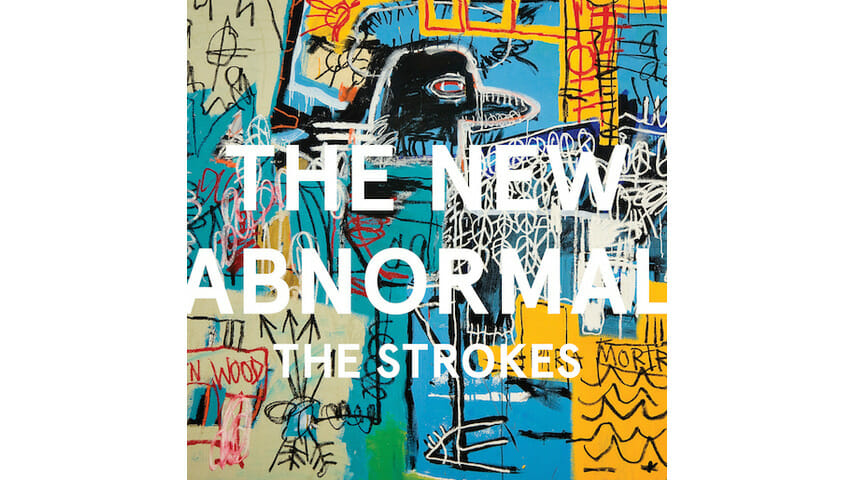The Strokes Are Distracted and Determined on The New Abnormal
The seminal rock band’s long-awaited sixth album The New Abnormal is, as ever, equally exciting and drab

Let’s face it: In 2020, nobody is expecting a new Strokes album to compete with the band’s classic, essentially perfect first two albums. When the seminal, ’70s-inspired garage rock group dropped the latter of those albums, 2003’s Room on Fire, some fans and critics complained that it sounded too similar to 2001’s groundbreaking Is This It. Seemingly in direct response to those criticisms, Julian Casablancas and co. have avoided anything resembling musical consistency on every Strokes release since. Though 2013’s Comedown Machine represented a minor return to classic Strokes form after 2006’s uneven First Impressions of Earth and 2011’s haphazard Angles, 2016’s Future Present Past EP suggested that The Strokes won’t ever see those Room-era criticisms as invalid—and maybe, just maybe, these old dogs can’t learn many new tricks.
You’d think these guys might get the idea by now, and sometimes, they have tapped back into their golden era. Angles’ “Taken for a Fool,” Comedown Machine’s “All the Time” and a handful of Impressions songs suggested that our leather-clad early-aughts heroes might still possess a flicker of their initial spark. That magic reappears in flashes on The New Abnormal—the first Strokes release since Future Present Past and their first full-length in seven years—but even if the album’s strong songs are among the liveliest, most effortless music the band has made in over a decade, their bursting energy only modestly offsets the LP’s many sharp lows.
Whenever The New Abnormal hints at a newly rejuvenated, adrenaline-pumping Strokes, another instance of the band’s most unsavory tendencies usually follows. It’s easy, for example, to envision an explosive, reimagined Strokes on the searing, new-wave dance rocker “Brooklyn Bridge to Chorus” and the Is This It-inspired “Bad Decisions,” two tracks that put the vast majority of the band’s 2010s output to shame. Immediately after this power couple, though, the band wanders through six minutes of overly digitized synths, vocoder-drowned falsetto and deflating dynamic shifts on “Eternal Summer” (which, like four other songs here, overstays its welcome at over five minutes of runtime). Every time The Strokes tap into their old power, they get distracted by a shiny but fruitless new direction.
-

-

-

-

-

-

-

-

-

-

-

-

-

-

-

-

-

-

-

-

-

-

-

-

-

-

-

-

-

-

-

-

-

-

-

-

-

-

-

-








































